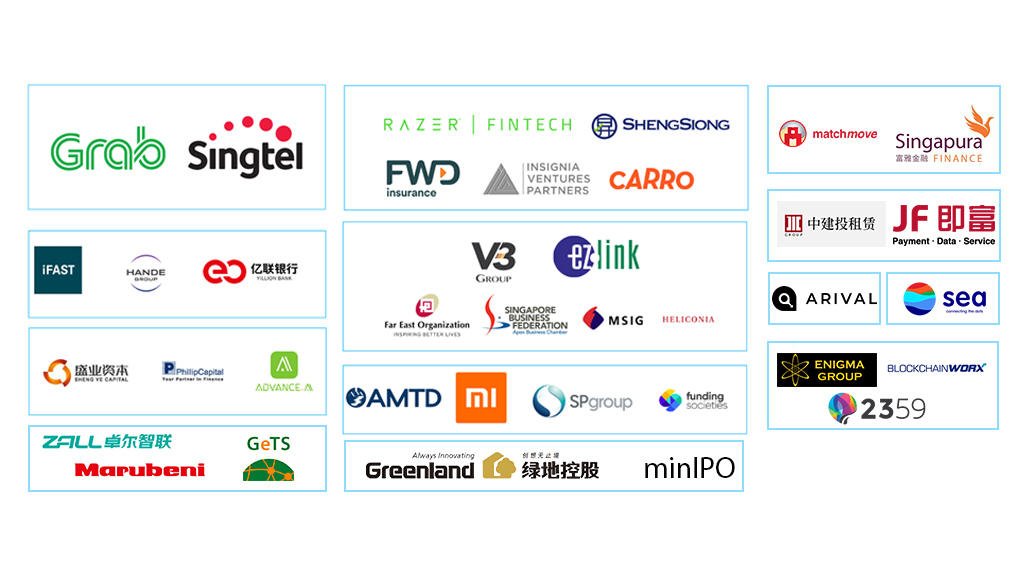
Open Banking, A Bigger Disruption Force to Incumbents Than Digital Banks: DBS
by Fintech News Singapore October 16, 2020In Singapore, open banking developments may be a bigger disruption to traditional banks than digital banks, says DBS.
The addressable loan market for Singapore’s upcoming digital banks is estimated to be worth between S$220 and S$243 billion, but despite the market potential, DBS analyst Rui Wen Lim believes that open banking developments will have a much bigger impact on the traditional banking sector than digital banks over the medium term.
Singapore’s new digital banks will likely have to put in the effort to acquire and develop meaningful customer stickiness to turn a profit, considering that Singapore is a relatively small and well-banked market, Lim says.

The Contenders to Singapore’s Digital Banking Race, Fintech News Singapore
She estimates that digital banks could gain a market share of 1 to 5% of the unsecured retail and small and medium-sized enterprise (SME) loan market in the initial years, but that figure may not translate to immediate profitability.
At the same time, Singapore’s incumbent banks have embarked on an extensive digital transformation journey over the last decade and are likely to continue working on delivering value propositions to match those of digital banks, stiffening competition.
Open banking, on the other hand, will allow consumers to aggregate their banking, insurance and investment information across banks and financial institutions on a single platform, allowing for easier comparability and higher level of competitiveness in the banking industry.
Overview of open banking in Singapore
In Singapore, development of open banking has been largely facilitated by the Monetary Authority of Singapore (MAS), which has encouraged banks to adopt application programming interfaces (APIs) since 2016.
MAS has spearheaded several initiatives to promote open banking and facilitate the adoption of open APIs. The regulator has provided guidelines for open banking and APIs, and has also been involved in the API Exchange (APIX). Launched in 2018, APIX is an open architecture API marketplace and sandbox platform. There are currently 54 financial institutions and 351 fintech companies on APIX and the platform has registered more than 120 transactional APIs and nearly 200 informative APIs.
APIX is operated by the ASEAN Financial Innovation Network (AFIN), a non-profit organization established by MAS, the ASEAN Bankers Association (ABA) and International Finance Corporation (IFC).
Currently, MAS operates the Financial Industry API Register, which features all open APIs available in the Singapore financial industry and that now counts 238 transactional and 279 informational APIs.
But new developments are expected to occur this year. By the end of 2020, MAS is expected to release details of a portal that would allow consumers to aggregate and share their financial data across different banks and financial service providers.
Dubbed Financial Planning Digital Services (FPDS), the initiative aims at facilitating data portability with a secure API framework, giving consumers greater access and control over their financial data.
According to local fintech startup MoneyThor, the portal will come with a consent mechanism facilitated by SingPass, the single sign-on service already used by all residents to access the government’s e-services.
Consumers will be able to grant access to the financial institutions of their choosing to share not only information about their bank accounts and credit cards but also information about their pension contributions, social security savings and government housing scheme payments.
Though no official launch date for FPDS has been announced yet, it is expected to be rolled out in two main phases, starting with banks and government agencies, followed by insurers and wealth management firms.
Featured image credit: Edited from Pexels







